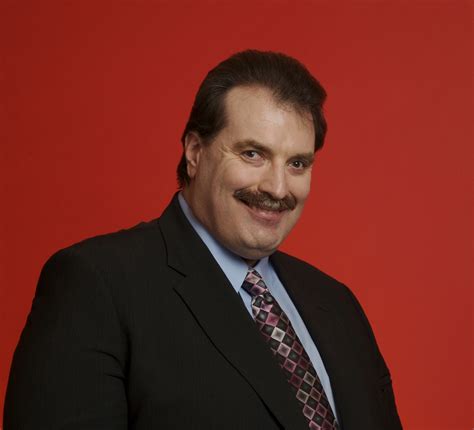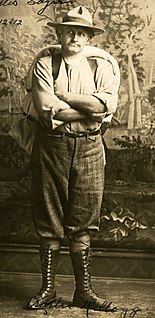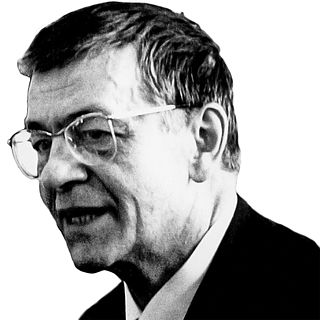A Quote by Sigmund Freud
The assumption that everything past is preserved holds good even in mental life only on condition that the organ of the mind has remained intact and that its tissues have not been damaged by trauma or inflammation. But destructive influences which can be compared to causes of illness like these are never lacking in the history of a city, even if it has had a less chequered past than Rome, and even if, like London, it has hardly ever suffered from the visitations of an enemy.
Quote Topics
Related Quotes
Calcification is the hardening of body tissues by calcium salts or deposits. Although calcification itself is not considered a disease, it has been shown to be a significant contributing factor in nearly every known illness and aging condition, including heart disease, kidney stones, gallstones, chronic inflammation, arthritis, cancers, cataracts, eczema, psoriasis, and even wrinkles.
I've seen people recover physical abilities, yet never get over emotional trauma after a serious accident. I've seen other people overcome the psychological and emotional trauma of a serious illness even though they may never fully regain their physical capabilities. Which is the greater healing? Which is the better recovery? If I had the option of choosing between a mediocre life with eyesight or the life I have today, even though I am blind, I'd stay blind and keep the life I have.
Nothing seems real anymore. Even the flames from the fire seem to beckon to me, drawing me into some great past life buried somewhere deep in my subconscious, if only I could find the key..if only..if only. Ever since my illness, my condition, I've been trying to find some logical way of passing my time, of justifying a means to an end.
The Greeks really believed in history. They believed that the past had consequences and that you might be punished for the sins of your father. America, and particularly New York, runs on the idea that history doesn't matter. There is no history. There is only the never-ending present. You don't even have your family because you moved here to get away from them, so even that idea of personal history has been cut at the knees.
There is a constant in the average American imagination and taste, for which the past must be preserved and celebrated in full-scale authentic copy; a philosophy of immortality as duplication. It dominates the relation with the self, with the past, not infrequently with the present, always with History and, even, with the European tradition.
The difference in the quality of medical care received by people with mental illness is one of the reasons why they live shorter lives than people without mental illness. Even in the best-resourced countries in the world, this life expectancy gap is as much as 20 years. In the developing countries of the world, this gap is even larger.
what he sought was always something lying ahead, and even if it was a matter of the past it was a past that changed gradually as he advanced on his journey, because the traveller's past changes according to the route he has followed: not the immediate past, that is, to which each day that goes by adds a day, but the more remote past. Arriving at each new city, the traveller finds again a past of his that he did not know he had: the foreignness of what you no longer are or no longer possess lies in wait for you in foreign, unpossessed places.
You can’t run away. The past will be only too happy to chase you —- in absolute, complete, and total earnest. Do you know why? Because they’re lonely. The past and memories are very lonely things. I don’t believe in God. Because he doesn’t have a fixed form. The past certainly does exist, even in a world where the future doesn’t have a fixed form. Even if it’s being colored by misunderstandings and delusions, a person’s past can’t be anything but the truth as long as he believes in it. If that’s what you base your actions or your way of life on, isn’t that like being god?
A child blind from birth doesn't even know he's blind until someone tells him. Even then he has only the most academic idea of what blindness is; only the formerly sighted have a real grip on the thing. Ben Hanscom had no sense of being lonely because he had never been anything but. If the condition had been new, or more localized, he might have understood, but loneliness both encompassed his life and overreached it.
The historian is looked upon as objective when he measures the past by the popular opinions of his own time, as subjective when he does not take these opinions for models. That man is thought best fitted to depict a period of the past, who is not in the least affected by that period. But only he who has a share in building up the future can grasp what the past has been, and only when transformed into a work of art can history arouse or even sustain instincts.
Don't be deceived when our Revolution has been finally stamped out and they tell you things are better now Even if there's no poverty to be seen because the poverty's been hidden even if you ever got more wages and could afford to buy more of these new and useless goods which these new industries foist on you and even if it seems to you that you never had so much that is only the slogan of those who still have much more than you






































